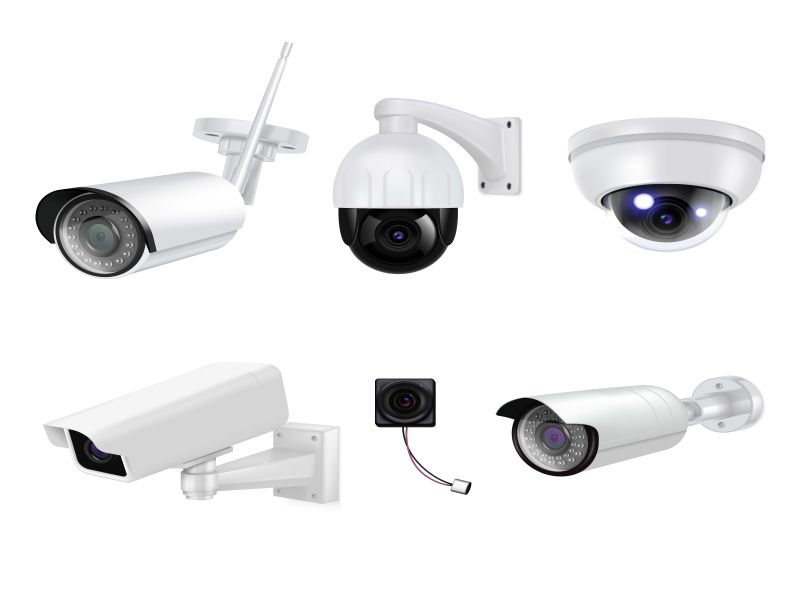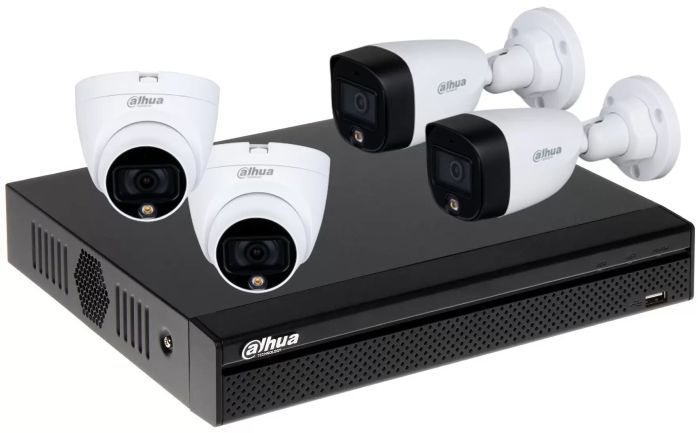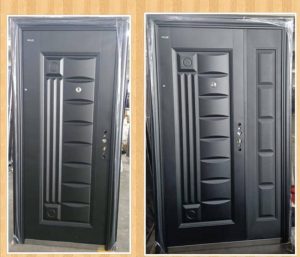Understanding CCTV basics (Closed-Circuit Television) systems is essential, whether you’re planning to install one for your home, office, or commercial property in Ghana.
This guide explains what CCTV is, the different types available, and how analog and digital systems compare, to help you make an informed security decision.
Understanding CCTV Basics
CCTV stands for Closed-Circuit Television. It refers to a video surveillance system where signals are not publicly distributed but are monitored for surveillance and security purposes. Unlike broadcast television, CCTV transmissions are sent to a limited number of monitors.

Benefits of CCTV Systems:
- Deters theft, vandalism, and intrusion
- Provides real-time monitoring
- Helps in criminal investigations
- Enhances workplace safety and accountability
- Enables remote surveillance via smartphones or PCs
Common Uses in Ghana:
- Homes and gated communities
- Retail shops and malls
- Offices and banks
- Warehouses and construction sites
- Schools, churches, and hospitals
Read also: CCTV Camera Price in Ghana: Best Deals for Every Budget!
Types of CCTV Cameras
Choosing the right type of camera is vital for effective surveillance. Here are the main categories:
- Dome Cameras: Compact and discreet; suitable for indoor use.
- Bullet Cameras: Long and cylindrical; ideal for outdoor areas.
- PTZ Cameras (Pan-Tilt-Zoom): Allows remote control movement and zooming.
- C-Mount Cameras: Use detachable lenses; great for long-distance viewing.
- Day/Night Cameras: Designed to work in varying light conditions.
- Infrared/Night Vision Cameras: Capture images in total darkness.
- IP Cameras: Digital, networked cameras; offer high-resolution and remote access.
- Wireless Cameras: Easy to install and move; no need for cables.
- Thermal Cameras: Detect heat signatures; useful for perimeter defense.
Analog vs Digital CCTV Systems
When deciding on a CCTV system, understanding the difference between analog and digital options helps you choose what best suits your needs and budget.
| Feature | Analog CCTV | Digital/IP CCTV |
|---|---|---|
| Image Quality | Standard definition | High-definition (HD/4K) |
| Cost | Lower upfront cost | More expensive initially |
| Scalability | Limited | Easily scalable |
| Cabling | Requires coaxial cables | Uses Ethernet (PoE) |
| Remote Access | Rarely supported | Common via apps and cloud |
| Installation | Simpler, basic setup | Slightly complex setup |
Pros and Cons of Analog Systems:
- Affordable
- Easy to install
- Lower resolution
- Fewer modern features
Pros and Cons of Digital/IP Systems:
- Crystal-clear video quality
- Remote viewing and smart analytics
- Easier expansion
- Higher upfront cost
- Requires stable internet and networking
Choosing the Right CCTV for Your Needs

When selecting a system, consider:
- Size and layout of the area to be covered
- Indoor vs outdoor placement
- Nighttime visibility requirements
- Budget and future scalability
- Integration with mobile or alarm systems
Conclusion
Whether you’re protecting a single home or a large commercial site, understanding CCTV basics is the first step to improving your security.
From choosing camera types to understanding analog versus digital systems, this knowledge helps you make smarter, long-term decisions.
Need Expert Help Choosing a CCTV System?
Contact our team today for a free consultation and custom CCTV recommendation based on your property type and budget. Visit ur CCTV installation service page now!



